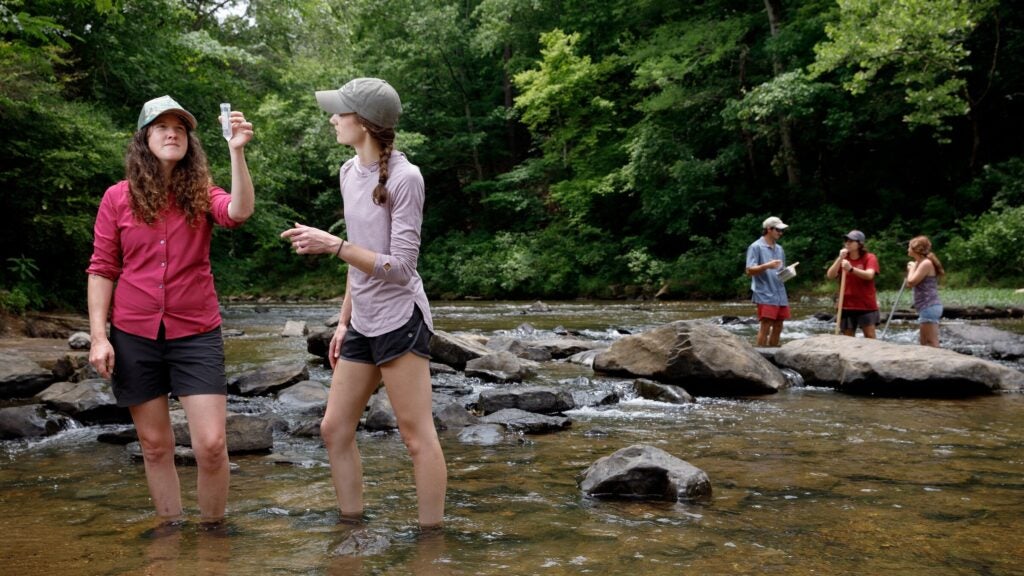CHART YOUR COURSE
Take ownership of your education by focusing some of your core curriculum courses on a particular thematic Pathway. A Pathway can augment your major or help you explore another field of study. You can complete a Pathway without adding any additional credit hours to your degree, and when you complete a Pathway, you will receive a credential that employers want to see.

Select a Pathway
Pathways coming in 2026!
No, Pathways are optional. You can complete your core general education courses without selecting a Pathway.
Any student who is enrolled at UA and is in the 2025 catalogue or later can enroll in a Pathway.
Global Engagement and Executive Systems rolled out in the fall semester of 2025. Innovation & Creativity and Digital Literacy will roll out in the fall semester of 2026.
Once completed, you will receive a credential on your academic transcript.
Yes. If your Pathway classes also help you to complete a Major or Minor, that is great.
No. There is no “double dipping” between Pathways.
Yes. You can take as many Pathways as your schedule will allow.
Yes. If a course you completed at another university transfers to UA as an equivalent to a course that sits within a Pathway at UA, it will be considered the same as that course. You are also welcome to take a Pathway at any time during your enrollment at UA.
Yes. You can declare a Pathway at any point during your time at UA. You do not have to declare a Pathway before you start taking the required courses.
Yes. The courses you took for one Pathway will likely not transfer over to another Pathway, but you are welcome to change and embark on a plan to take a different Pathway instead.
Yes. If your AP or other college credits transfer to to UA as an equivalent for a course is a part of a Pathway, then it will count.
You can add/drop a Pathway HERE. The link is also accessible through the Add/Drop Majors and Minors page on mybama.ua.edu.
You will be able to see your progress through a Pathway in Degree Works.
View all courses in each of the Pathways below.
A PDF of the Pathways courses can also be viewed in Degree Works once you have added the Pathway.
Yes! Each semester there will be guest lectures and social events just for students in your Pathway. You will have a chance to meet people from across the university and hang out with cool faculty. All events and invitations will be posted here and sent to Pathways members via email.
Please send all questions to Dr. Margaret Peacock, Director of Pathways in the Office for General Education, at mepeacock@ua.edu.